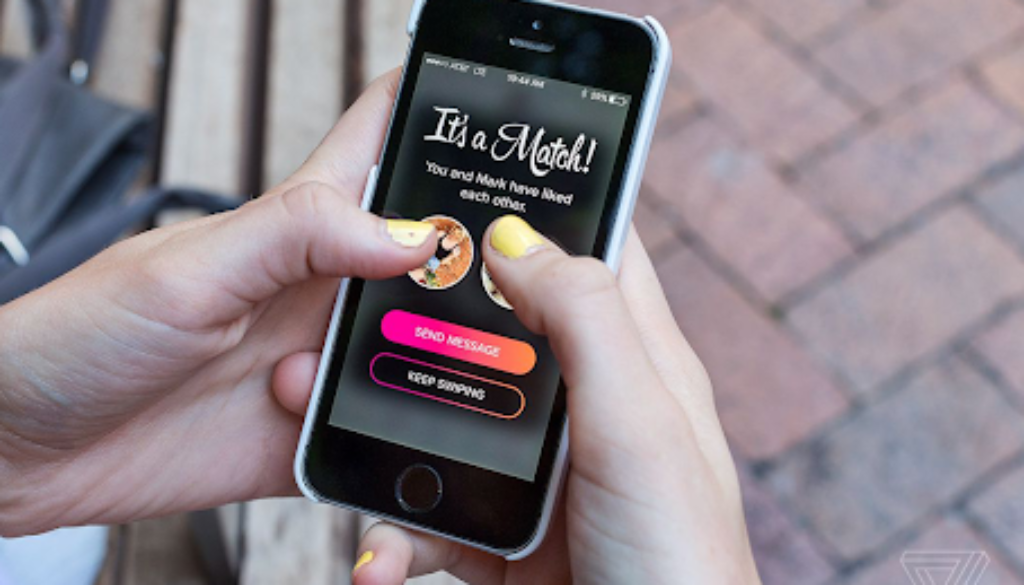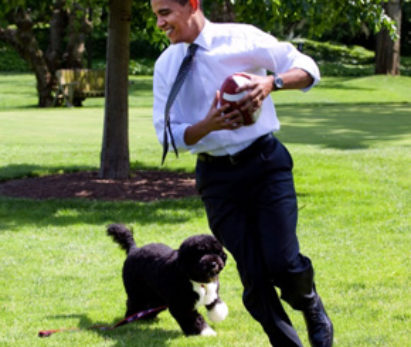The “Terror” of Tinder
Is Swipe Culture Really Destroying Traditional Dating?
Like many others, I struggle with social anxiety. Despite my desire to, it’s very hard for me to socialize and meet new people. Over the years, I have progressed a lot in this journey, and I found that I was comfortable enough with my progress to begin dating. I got the idea of going on Tinder from one of my dorm roommates who had success finding her boyfriend on it. At first, I was a bit skeptical. I mean, how can you swipe based off of so little information and then meet up with complete strangers in hopes of falling in love? It felt so remote and alien to me. This feeling isn’t unique; a lot of people looking at dating apps from an outside perspective tend to feel the same way.
Dating apps have generated an excess of controversy due to their mere existence as an option for dating. They’ve brought convenience to an arena that we never began to think of: love. There is a lot of speculation regarding how dating apps are affecting traditional dating, and while I think a lot of the concerns are valid, I don’t think we should be as worried as we are. After all, love is love, right?
How Does it Work and Why Does it Matter?
There are loads of dating apps in our market, but the main target for controversy is Tinder. If you’re not aware how Tinder works, it’s based on a simple swipe system. Users set up their profiles with a couple of pictures and a short biography. Then, they are presented with two buttons: an ‘X’ (swipe left) or a check (swipe right). A swipe left means you are not interested in pursuing anything further with the other individual. However, a swipe right means that you are. If that other user swipes right on you, you get a match and can begin to message them.
Again, looking from the outside in, this method can seem overly simplistic and downright insulting. It’s basically an appearance game; the more conventionally attractive the person is, the more swipes they get. In this sense, attraction–and arguably courtship in general–have become so dangerously convenient that human connection feels inauthentic. This idea is referred to as swipe culture.
![]() The emergence of swipe culture causes a valid point of concern. It unintentionally breeds a sense of disposability amongst others. Regardless of the direction, a simple swipe sends a message whether someone is valued or not. It’s just a constant stream of people in which we carelessly and effortlessly sort through as if we’re sorting clothes to put in the laundry. When you think about online dating in this light, it sounds hopeless. And, in this way, it is. But, I’d like to argue otherwise.
The emergence of swipe culture causes a valid point of concern. It unintentionally breeds a sense of disposability amongst others. Regardless of the direction, a simple swipe sends a message whether someone is valued or not. It’s just a constant stream of people in which we carelessly and effortlessly sort through as if we’re sorting clothes to put in the laundry. When you think about online dating in this light, it sounds hopeless. And, in this way, it is. But, I’d like to argue otherwise.
My Thoughts
Let me set the record straight: I’m not going to pretend to be the champion for dating apps. I ended up deleting my account a while ago, and I haven’t considered going back once. But, that’s not necessarily Tinder’s fault. I just wanted to be able to continue on my path with dealing with my social anxiety on a more traditional route: going out and meeting people. If something comes out of it, so be it.
Here’s something important to note. Regardless of whether you choose to use a dating app or hope to meet someone “the old-fashioned way,” it’s all a version of the same thing. We only approach someone if they have an appearance of kindness or beauty. If that person likes us back, we then pursue some sort of relationship. People can still stand us up, ghost us, etc.. If it doesn’t work, it doesn’t work. Dating apps brings that same process to our fingertips. It’s not “inauthentic”; it just isn’t happening within immediate physicality.
Are You Even There?
n this modern age, we often mistake physicality for authenticity. If someone isn’t standing right in front of us, we don’t register that they’re a real person. Thus, we don’t register that our actions have an effect. This idea expands past dating apps. Look at the climate of social justice ![]() nowadays. Hashtags last for about 24 hours, at most, and then we’re all onto the next thing. Inauthenticity is becoming the norm because we’d rather prioritize conveniency over each other. I’m not saying that it’s the way that things are supposed to be, but by identifying the direction we’re going, we can attempt to change our behavior. Instead of approaching dating apps with immediate dismissal, I urge that you attempt to treat your matches with the authenticity that we perceive is missing. We can change the culture with each individual attempt.
nowadays. Hashtags last for about 24 hours, at most, and then we’re all onto the next thing. Inauthenticity is becoming the norm because we’d rather prioritize conveniency over each other. I’m not saying that it’s the way that things are supposed to be, but by identifying the direction we’re going, we can attempt to change our behavior. Instead of approaching dating apps with immediate dismissal, I urge that you attempt to treat your matches with the authenticity that we perceive is missing. We can change the culture with each individual attempt.





